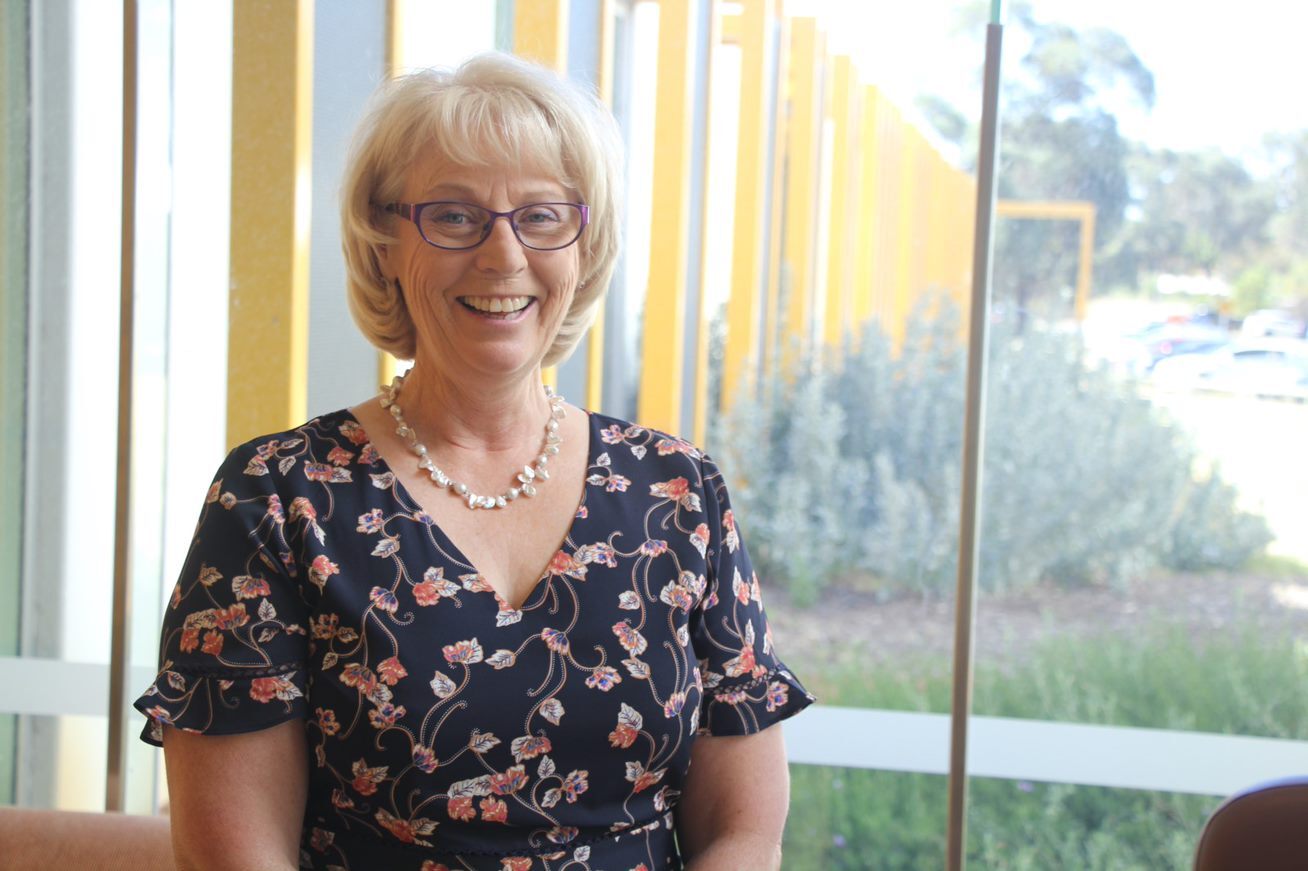Latest news from Choosing Wisely Australia
In this edition of our newsletter, read about how the Royal Children’s Hospital aimed to reduce low-value care in bronchiolitis and how carer Debra Letica became a Choosing Wisely advocate.
We also look at a new resource that poses 5 questions for people to ask about opioids for back pain or osteoarthritis, a video series helping health professionals have effective conversations about opioids, and three new clinical case studies on peripheral blood testing for coeliac disease, multiple daily blood glucose checks and the use of thyroid ultrasound.
Reducing low-value care in bronchiolitis at the Royal Children’s Hospital

In its first Choosing Wisely project, The Royal Children’s Hospital (RCH) aimed to reduce low-value care in bronchiolitis, a viral chest infection which leads to the highest number of hospital admissions in infants during winter.
Debra Letica: A personal journey from a carer to a Choosing Wisely advocate

Deb never expected to become a carer during her lifetime, but it was the most natural thing to do. She now uses and promotes Choosing Wisely personally and as a consumer advocate in the health system.
A personal journey from a carer to a Choosing Wisely advocate
New clinical case studies from the Royal College of Physicians / Evolve
The Royal Australasian College of Physicians / Evolve in partnership with their member associations have developed three new clinical case studies.
A case study on peripheral blood testing for coeliac disease demonstrates how the Gastroenterological Society of Australia’s recommendation on not undertaking genetic testing for coeliac genes as a screening test applies in a clinical scenario.
Two patient case studies on The Endocrine Society of Australia’s recommendations, one relating to the use of multiple daily blood glucose checks and the other on the use of thyroid ultrasound.
These and other case studies are available on the Choosing Wisely website and free to be used in clinical education programs in health services, health professional colleges, and universities.
If you’re interested in educational material about the Choosing Wisely initiatives and how to implement recommendations in clinical practice, the Choosing Wisely Stewardship Toolkit for Clinical Educators is available to assist you.
Using opioids for back pain or osteoarthritis: 5 questions to ask
It's important only to use opioids for the shortest possible time at the lowest possible dose. This is supported by multiple Choosing Wisely recommendations from The Society of Hospital Pharmacists of Australia, the Faculty of Pain Medicine of the Australia and New Zealand College of Anaesthetists, the Australasian Faculty of Occupational and Environmental Medicine, and the Australian and New Zealand Association of Neurologists.
To help patients with low back and osteoarthritis pain a new patient guide has been developed in collaboration with the University of Sydney, the Institute of Musculoskeletal Health and Painaustralia Consumer Advisory Group, offering:
- 5 questions to ask about pain and opioids for back pain and osteoarthritis
- Tips for taking opioids at home
- A personal pain management plan.
Download the new resource: 5 Questions to ask about using opioids for back pain or osteoarthritis.
How to have effective conversations about opioids: video series for health professionals
NPS MedicineWise has released a series of educational videos for GPs, pharmacists and other health professionals aiming to support effective conversations between health professionals and patients about the use of opioids for the management of chronic non-cancer pain.
The four videos focus on motivational interviewing techniques, providing examples of interactions between patients and health professionals, and demonstrating how best practice recommendations can be applied to individual patient circumstances.
The videos outline specific clinical scenarios and provide a demonstration on the use of motivational interviewing techniques in these scenarios such as how to:
- discuss and agree on an opioid trial with a patient
- use motivational interviewing to facilitate shared-decision making about opioid tapering
- have effective conversations about psychology referral.
The video series has been developed with funding from the Therapeutic Goods Administration, Australian Government Department of Health, and in collaboration with Painaustralia Consumer Advisory Group.
New NPS MedicineWise program on dementia and changed behaviour

A new program from NPS MedicineWise on dementia and changed behaviours: a person-centred approach aims to reduce unnecessary use of antipsychotics and benzodiazepines for dementia, and to improve use of non-pharmacological management techniques to ensure people with dementia, in the community and in aged care, are supported.
The program is supported by the Australian and New Zealand Society for Geriatric Medicine (ANZSGM) Choosing Wisely recommendation that antipsychotics should not be used first line to treat the behavioural and psychological symptoms of dementia.
A range of information and resources for health professionals, patients and their carers has been developed in partnership with peak bodies and key opinion leaders in the sector. Part of the program involves educational visits to individual GPs and small groups in general practices and a multimodal educational program for aged care facilities aimed at supporting champion nurses and pharmacists working in the sector.
Stewardship toolkit for clinical educators
The Health Resource Stewardship for Clinical educators contains educational material about the Choosing Wisely initiative for use in universities, hospitals and health professional colleges
5 Questions
5 questions to ask your doctor or other healthcare provider to make sure you end up with the right amount of care.